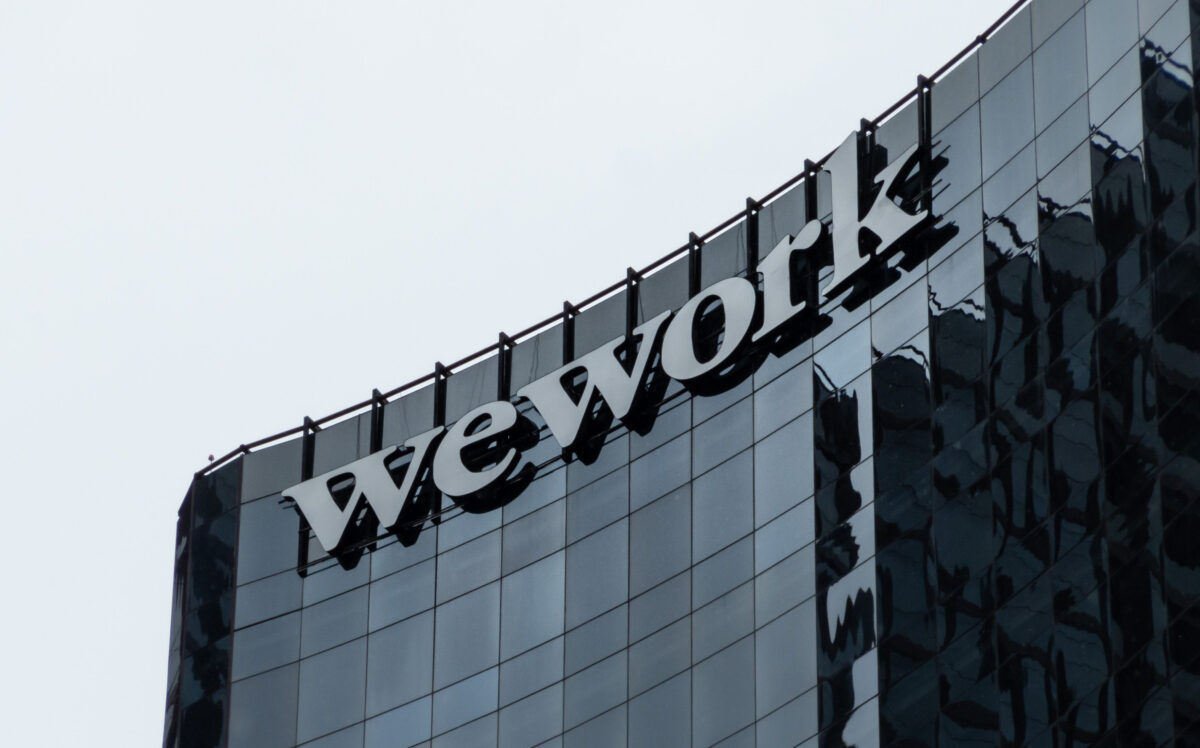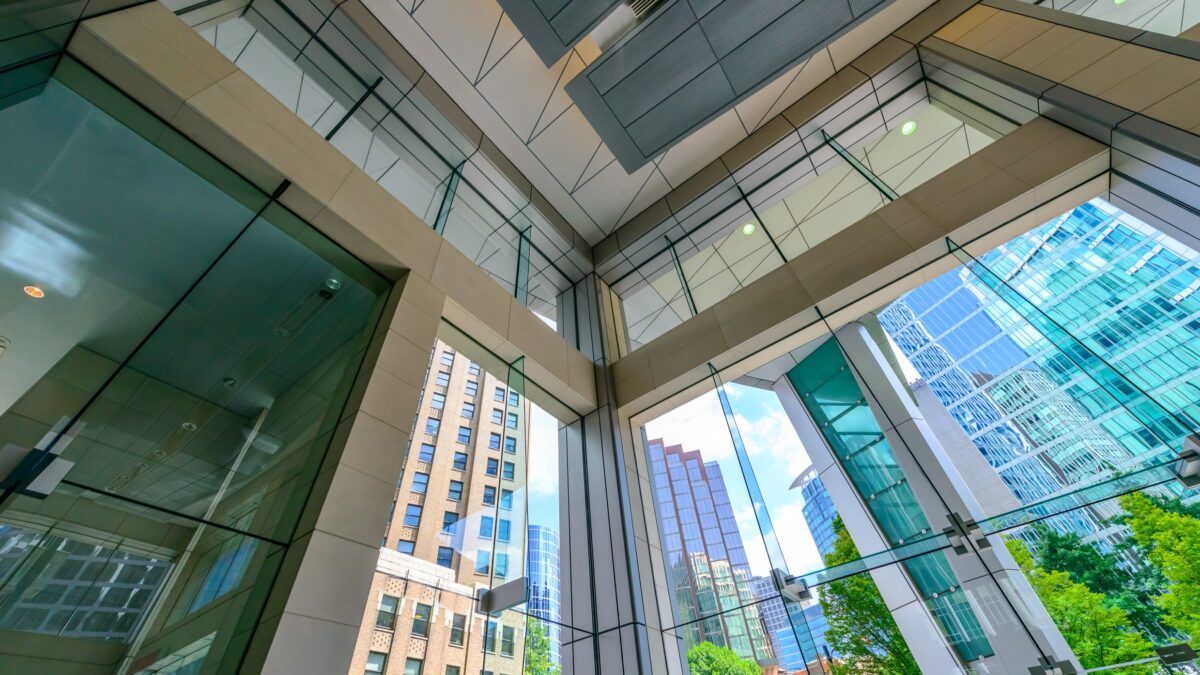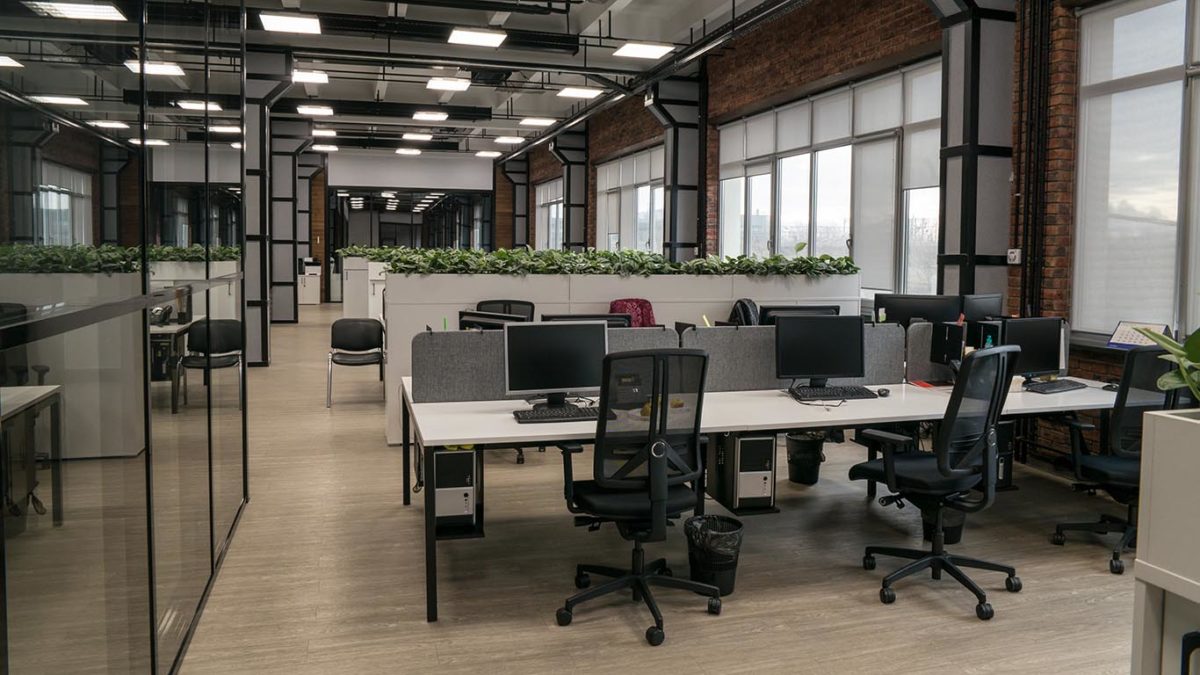By: Mercedes Howard, Director of Strategic Business Development at CORT
If you look up “hack” in the dictionary, you will find definitions of varying degrees and parts of speech. Usually there is a negative connotation, relating to some type of illegal data-breaching activity or theft, a harsh cut, and even a breed of horse used for “ordinary riding.”
Whatever your experience with word “hack,” it’s probably fair to say your association has been less than desirable. But that might soon change – especially if you’re familiar with the coworking movement. Also known as the flexible space revolution, coworking has impacted the entire commercial real estate. If you’re a commercial real estate professional, I would be willing to bet this word has resurfaced in your world in a major way.
In fact, during a research round table at the latest Global Coworking Unconference Conference (GCUC) in Denver, Carsten Foertsch from Desmag, Steve King from Emergent Research, and James Rankin from Instant Group talked about the coworking industry’s massive growth and what people really want out of coworking spaces.
The top three searched and desired amenities?
- 24-hour access
- Bespoke layouts
- Fitness facilities.
Although it’s not known how often the top requested amenities are utilized, one can’t ignore the second item on this list. A bespoke, or customized space requires a high level of agility and flexibility. But just how flexible are we talking?
According to Jacob Bates, founder of CommonGrounds Workplace, spaces must be able to change on the spot – or at least within days, not months. In Bates’ words, offices must now be “hackable.” Given the word’s previous connotations, such usage might seem unusual. However, upon revisiting Merriam Webster it begins to make sense:
“hack informal : to manage successfully”
Bates went on to define the way we interpret “hacking” in the workplace today as creating “an environment that can be customized based on employee activity without having to start from scratch.” Activity-based work is driving the need for lighting fast customization and accommodation. Meanwhile, as technology to monitor space usage has become more sophisticated, there’s more data companies can access to optimize their office spaces. With flexibility and data, the sky’s the limit.
Therefore, in the context of commercial real estate and coworking, making your space hackable involves incorporating creative methods to accommodate the ever-evolving needs of your most important assets – your employees. After all, the need for flexibility is ultimately human-driven, and people are demanding more control over their space than ever before.
But just knowing that you need your space to be flexible is the first step. How do you actually do it?
Some companies literally make their furniture more mobile, with some simply attaching casters to all their furniture to keep layout fluidity at a maximum. While being able to physically move furniture is a start, just imagine if you could update your furniture at the drop of a hat – without having to purchase new furniture or find a way to store the old.
With Furniture As a Service, or Faas, your flexibility – and ability to successfully “hack” your office space – can reach new levels. Sure it’s great to move chairs and desks around to new spots, but wouldn’t it be nice to change up the functionality of the item, as well as where it’s located? FaaS, which is a subscription-like approach to furnishing space, let’s you do just that.
Remember, humans and their work are evolving. A small team of individuals who once needed to sit for long periods in an enclosed space might now find their work calls for more collaboration and mobility. To truly accommodation this need, their employer would need to change not just the position of the desks, but the desks themselves. With FaaS, those stationary desks could transform to mobile sit-to-stand desks, enabling your employees to change not just where they work, but how they work.
As needs changes, FaaS enables you to – use what you need, when you need it. You can then swap or return items that no longer fit your needs. How’s that for a workplace hack?
In commercial real estate – just as in all areas of life – you might know you need to make a change before you know how you will actually do it. Whether you’re already utilizing a flexible space model, or are considering making the leap into this opportunity-rich landscape, there is no question you must now consider whether or not your space is truly “hackable” and what it means for your business.
CORT’s team is now better equipped than ever to support this extension of the circular economy, as we are also experiencing a rapid change in how we support our clients – both in workspaces and with commercial real estate teams in general. We believe our Furniture as a Service model is a critical component to making all types of workplaces truly hackable.
Mercedes Howard is an industry leader on the CORT Strategic Business Development Team. For more on how to incorporate CORT’s Furniture as a Service (#FaaS) subscription-like service into your business model, please connect directly.






